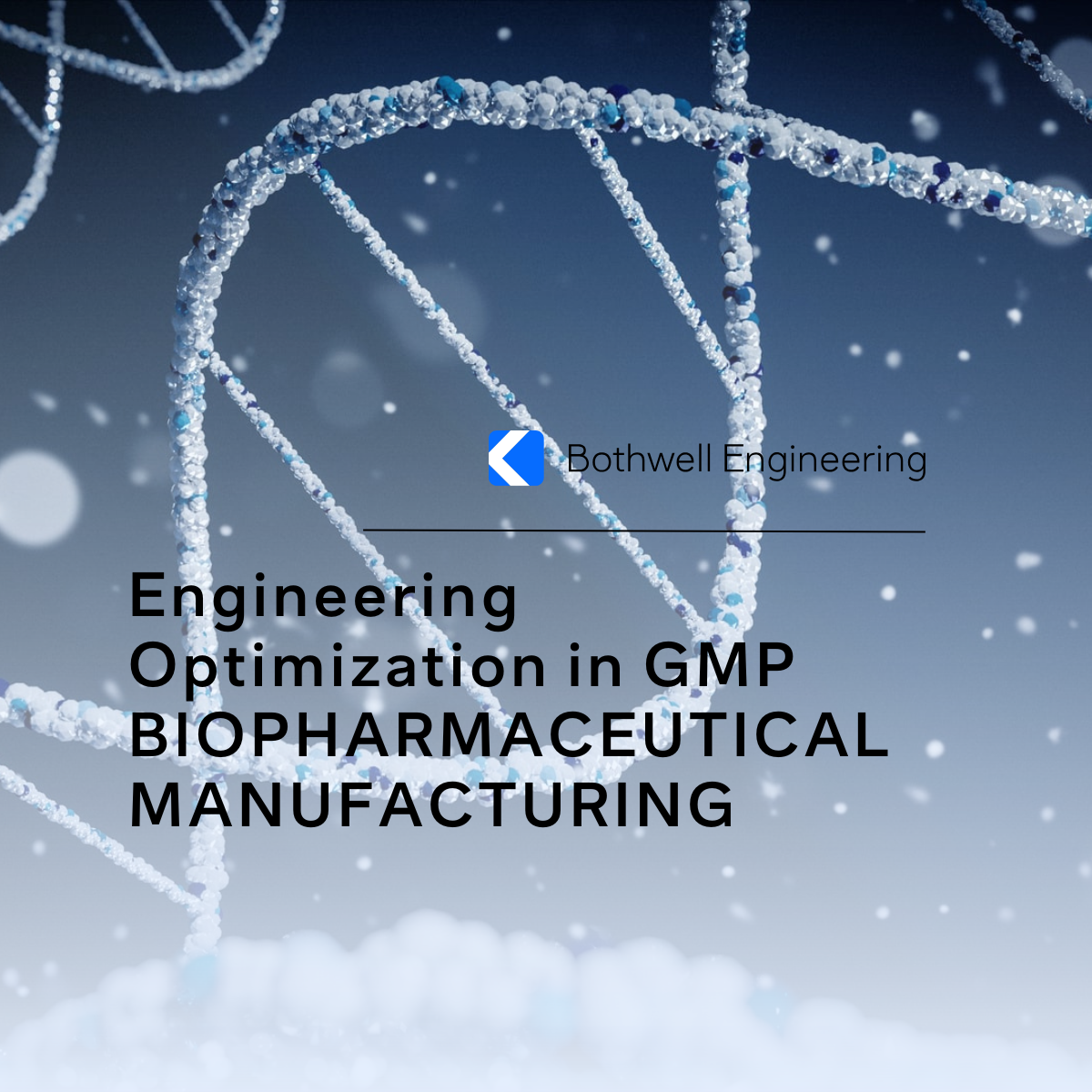
Understanding GMP and Its Importance
Good Manufacturing Practices are a set of regulations and guidelines to ensure the quality, safety, and efficacy of pharmaceutical products. In the biopharmaceutical sector, compliance with GMP is not just a legal requirement; it's a commitment to patient safety and product integrity. This involves rigorous control of processes, materials, and facilities to prevent contamination, mix-ups, and errors. Engineering optimization within this framework helps organizations achieve these goals while minimizing waste and maximizing productivity.
Key Areas for Optimization
1. Process Development and Scale-Up
Transitioning from lab-scale to commercial-scale production is fraught with challenges. Optimizing parameters such as cell density, media composition, and bioreactor conditions can significantly improve yields and reduce production times. Utilizing Design of Experiments (DoE) methodologies helps in systematically evaluating multiple variables and their interactions, ensuring a more robust process.
2. Equipment Selection and Maintenance
The choice of equipment can dramatically influence manufacturing efficiency. Selecting the right bioreactor or chromatography system, along with implementing predictive maintenance strategies, ensures minimal downtime and optimal performance. Automation and advanced monitoring technologies further streamline operations and reduce human error.
3. Process Analytical Technology (PAT)
Implementing PAT tools allows for real-time monitoring and control of bioprocesses. By integrating sensors and analytical technologies, manufacturers can obtain immediate feedback on critical quality attributes (CQAs) and adjust processes dynamically. This reduces variability and helps maintain consistent product quality while also enhancing process efficiency.
4. Continuous Manufacturing
The traditional batch manufacturing model is being challenged by continuous manufacturing approaches, which offer numerous advantages including reduced lead times and improved scalability. Engineering optimization in this area involves integrating processes such as perfusion culture and inline purification, allowing for a seamless transition of materials and energy throughout production.
5. Data Analytics and Machine Learning
The advent of big data and machine learning in biopharmaceutical manufacturing has opened new avenues for optimization. By analyzing historical data and identifying trends, manufacturers can make informed decisions about process adjustments and predictive maintenance. These insights help in forecasting outcomes, optimizing resource allocation, and ultimately enhancing productivity.
Challenges and Considerations
While engineering optimization presents significant opportunities, it also comes with challenges. The inherent variability of biological systems can complicate efforts to standardize processes. Furthermore, stringent regulatory requirements necessitate that any changes made during optimization are thoroughly validated and documented to ensure compliance with GMP.
Collaboration among cross-functional teams—comprising engineers, scientists, quality assurance professionals, and regulatory experts—is essential to navigate these complexities. An integrated approach fosters innovation while maintaining compliance with regulatory standards.
Engineering optimization is vital for advancing GMP biopharmaceutical manufacturing
By focusing on process efficiency, equipment reliability, and the implementation of cutting-edge technologies, organizations can enhance productivity while ensuring the highest quality standards. As the biopharmaceutical landscape continues to evolve, embracing these optimization strategies will be crucial in meeting the demands of patients and healthcare providers alike.
Investing in engineering optimization is not just a matter of improving processes; it’s about delivering life-saving therapies with precision and reliability. As we look to the future, the integration of innovative engineering practices will undoubtedly play a pivotal role in shaping the biopharmaceutical industry.
Explore our suite of Greater Than Value™ Life Science Consulting services.
Let's connect on your next life science project.